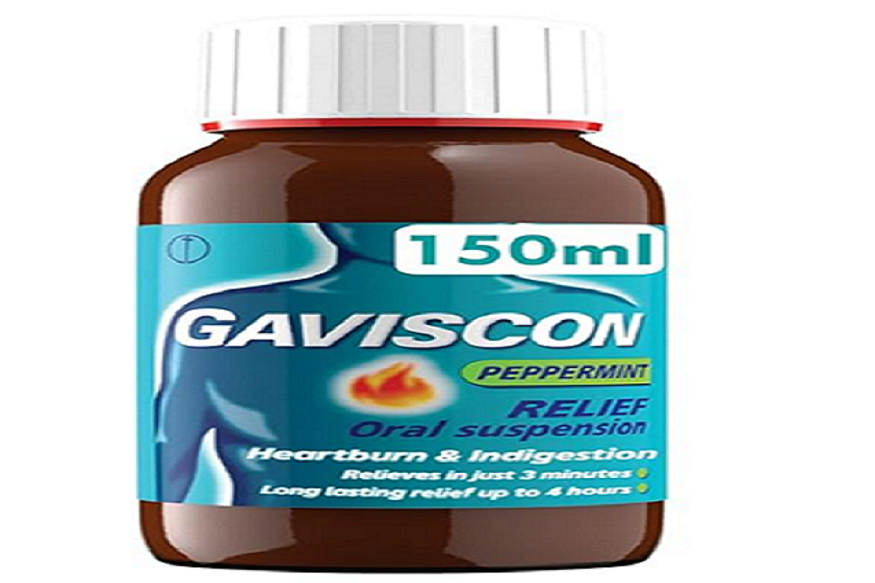You never really think about your stomach—until it betrays you. That sharp burn rising in your chest, the sour taste in your throat, the regret of last night’s spicy dinner. Sound familiar? You’re not alone.
Millions deal with that fiery discomfort every day and keep reaching for pills that offer short-term relief. But there’s a better way. More and more people are turning to natural antacid remedies, not just for comfort but for peace of mind. They do offer quick relief for acidity , may be not so in the severe cases of acidity but
What Triggers the Burn: Acid Reflux Basics
Acid reflux occurs when stomach acid enters the oesophagus. Stress and other aspects of your lifestyle like erratic eating , spicy/oily food could be some of the common causes.
Over time, untreated reflux can turn into GERD. That’s where things get tricky. And that’s why so many people are looking for natural acid reflux treatments to manage symptoms before they get worse. You don’t have to live on pills to find relief. You just need to understand what’s irritating your system and take steps that calm it down instead of masking it.
Top Natural Antacid Remedies You Can Try at Home
Some foods and herbs act like internal firefighters. They cool the acid, but do note that these work on mild symptoms only , one has to look at the situation holistically . Here are some of the most trusted natural antacid remedies you can try for relief :
- Bananas are loaded with potassium and help coat the stomach lining. This makes them ideal for neutralising acid.
- Ginger tea calms the digestive tract. It helps cut down on acid production.
- Aloe vera juice works gently on the oesophagus and stomach lining.
- Oatmeal might seem boring, but it’s a smart morning pick—it absorbs acid and doesn’t provoke reflux.
- Fennel seeds can help the stomach relax and reduce bloating and gas, which often trigger acid symptoms.
Use them properly and consistently. These aren’t instant-fix items. But they create a calmer digestive environment, which makes a huge difference in the long run.
Dos and Don’ts: Eating and Living Without the Fire
Let’s get real—how you eat matters just as much as what you eat. Here’s where most people trip up. Oversized meals. Late-night snacks. And that post-dinner slump on the couch. All these habits push acid where it shouldn’t go.
To manage reflux naturally:
- Eat smaller meals throughout the day and chew slowly
- Don’t lie down right after eating, and keep your head elevated at night
- Limit common triggers like coffee, citrus, alcohol, tomatoes and anything spicy
- Try chewing gum, which helps increase saliva and pushes acid back down
Pairing these habits with the remedies above can lead to serious progress. It’s not about being perfect—it’s about being consistent enough that your system gets a break.
When Home Remedies Aren’t Enough
Sometimes your body doesn’t cooperate. Maybe the reflux is constant. Perhaps it wakes you up at night or keeps you from eating. That’s when you have to consider something stronger.
Using an antacid for acid reflux occasionally is fine. However, if you rely on it daily, it is time to talk to your doctor. Persistent symptoms may point to a bigger issue, like GERD or ulcers. Don’t ignore your body. Natural options help—but they have their limits too.
The Final Word: When You Need Something Stronger
Even the best natural methods can fall short on bad days. That’s where something like Gaviscon earns its place. When that burning pressure won’t ease up and every meal feels like a risk, this liquid formula helps shut it down fast. It cools the burn, stops the acid in its tracks and gives that almost instant comfort many people look for. And it’s two times stronger than most OTC options, plus Gaviscon is safe for pregnant and breastfeeding women. Still, always talk to your doctor if you have any underlying issues.

